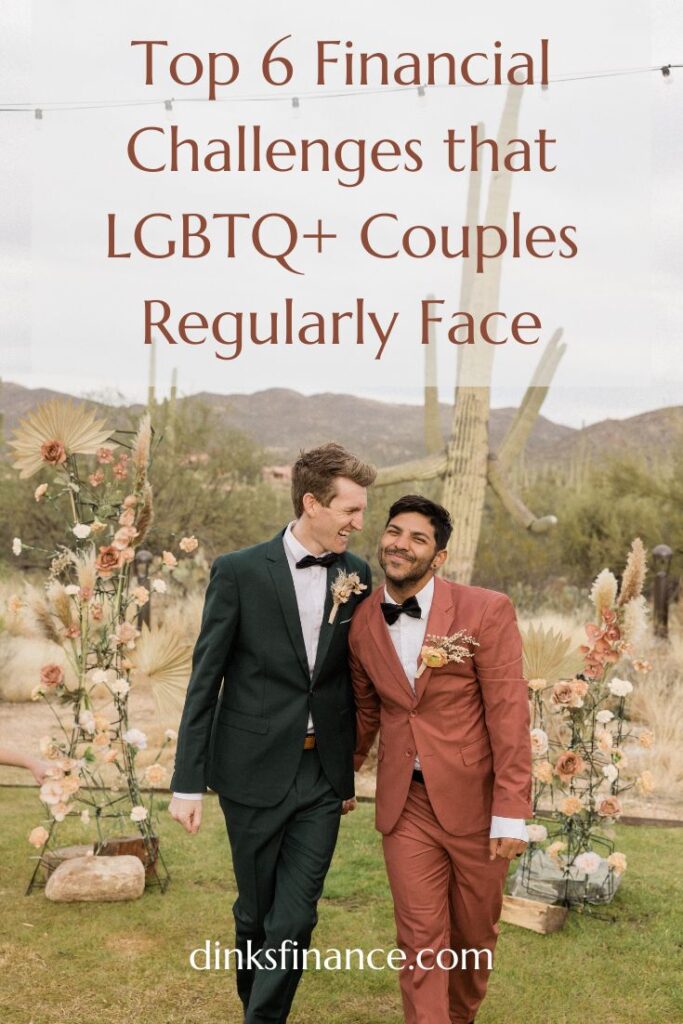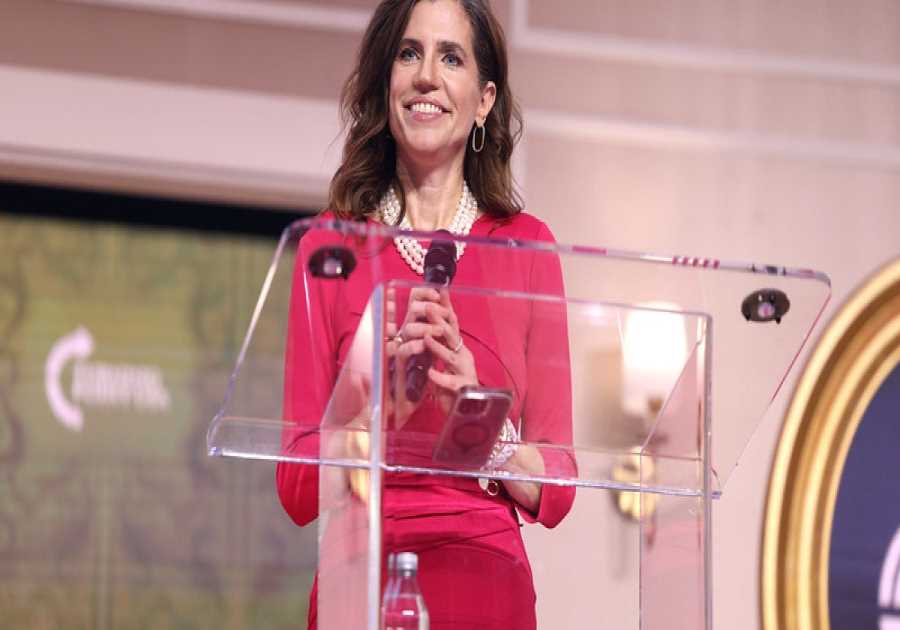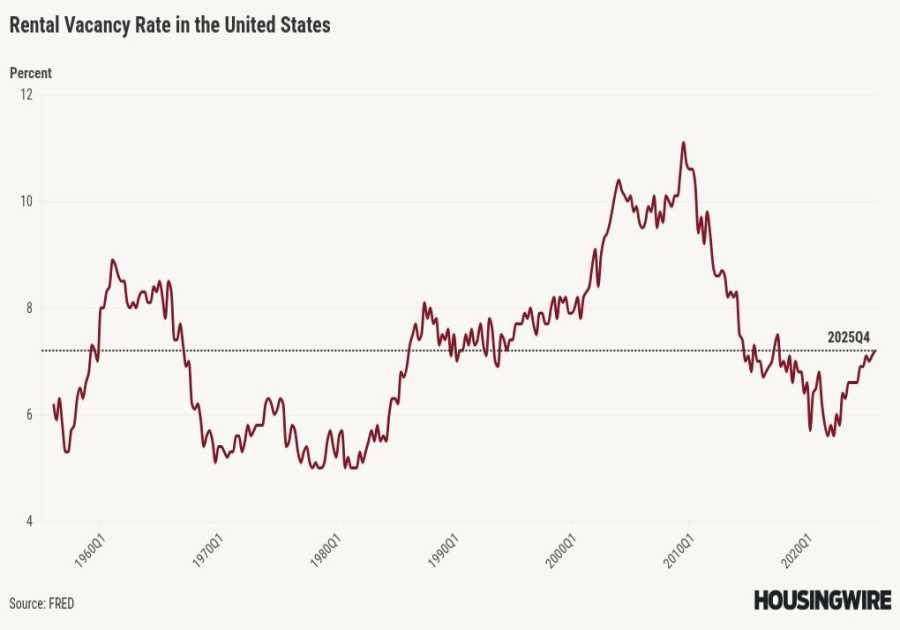
The environment for LGBTQ+ individuals has improved in the last ten years thanks to the Supreme Court Obergefell ruling in 2015, which says the fundamental right to marry also applies to same-sex couples. Further, in 2020, the Supreme Court Bostock ruling protects LGBTQ+ individuals from being fired or discriminated against due to their sexual orientation or gender identity. While these are victories for the community, there are still financial challenges that LGBTQ+ couples regularly face. Clearly, more is to be done.
Top 6 Financial Challenges that LGBTQ+ Couples Regularly Face
These are the most significant financial challenges facing LGBTQ+ couples:
Lower Wages than Straight Counterparts
The image of a gay couple making a healthy, dual, six-figure income may be a mirage. According to The Conversation, “on average, gay men earned 11% less than heterosexual men, while lesbians earned 9% more than heterosexual women. Studies and surveys have also shown a negative wage gap for bisexual and transgender people. . .”
Unfortunately, these differences are more pronounced if LGBTQ+ individuals are also persons of color.
Higher Cost of Living in LGBTQ+-Friendly Areas

To escape discrimination and persecution, many LGBTQ+ individuals move to LGBTQ+-friendly areas of the country, such as San Francisco, Miami, or New York City. These cities have lively, welcoming LGBTQ+ communities, but a much higher cost of living comes with that acceptance. The high cost of living combined with LGBTQ+ individuals earning gap compared to their straight counterparts can equal financial difficulty. Many struggle to live in high-cost-of-living cities that welcome and accept them for who they are.
Housing Discrimination
Although housing discrimination based on race, gender, or sexual orientation should not happen, it still does. The members of the LGBTQ+ community who face the most housing discrimination are transgender individuals. Why? When the prospective landlord runs the individual’s credit report, the landlord can see if the person went under a different name before, a name used by the opposite gender.
Medical Issues
The LGBTQ+ community faces many expensive medical issues, especially when treatment is required for an extended period, such as talk therapy.
Discrimination
Unfortunately, individuals from the LGBTQ+ community may face discrimination from the healthcare community. “In 2017, the Center for American Progress published a nationally representative survey of LGBTQ+ people [which] found nearly one in 10 LGBTQ+ individuals reported that a healthcare professional refused to see them in the prior year. Those individuals attributed the discrimination to their actual or perceived sexual orientation” (Health).
The longer individuals delay health care, whether voluntarily or involuntarily, the more likely they will face more significant medical issues. Because they can’t catch an issue early, it can grow to a bigger issue that requires more treatment and medical intervention.
Of those who do receive medical care, transgender individuals, especially, have stated that they had to educate their doctors on transgender issues to receive proper care. Unfortunately, medical knowledge of how to care for transgender individuals is lacking.
Lack of Medical Insurance
In addition to discrimination, some LGBTQ+ individuals have trouble accessing insurance coverage. This is due to low employment or poverty. Just as with the inability to find a doctor, individuals cannot regularly access health care without health insurance, and many conditions can go undiagnosed and untreated until it is too late for proper care.
Mental Health Care
LGBTQ+ individuals face more mental health issues than their straight counterparts. According to Kristen Martinez, an LGBTQ+ affirmative counselor at Pacific NorthWell in Seattle, Washington, “Queer and [transgender people] tend to be more prone to anxiety, depression, suicidality, eating disorders, and substance dependence, which are all the effects of systemic oppression” (Health).
Add in the potential lack of health insurance coverage and income to pay for mental health services, and many LGBTQ+ individuals suffer from these issues without an option for help. This lack of mental health help and constant discrimination may be why suicide is higher in this group. “A 2016 review of research found 17% of LGB adults had attempted suicide during their lifetime, compared with 2.4% of the general U.S. population” (UCLA School of Law Williams Institute).
Having Children

Because more LGBTQ+ individuals are coming out earlier in their lives, thanks to increased societal acceptance, more are marrying. Some are happy to remain DINKS, but others want to start families. However, the road to having children is more complicated and more expensive for LGBTQ+ individuals, though some straight couples who also face this more difficult path.
For an LGBTQ+ couple, the options are artificial insemination, surrogacy, or adoption. Unfortunately, all of these methods are expensive. Couples can adopt for free from the foster care system. However, they face upwards of $40,000 in fees if they choose to adopt a newborn not in foster care. Surrogacy can cost $150,000 or more. Artificial insemination costs less, but couples may face several rounds before they are successful.
LGBTQ+ couples face enormous expenses to have a child. Then, they raise the child for 18 years, which is estimated to cost $17,000 a year according to The Washington Post.
Hospital/End of Life Difficulties
Before the legalization of gay marriage, many LGBTQ+ couples faced wrenching decisions regarding end-of-life care. For example, their partners could not make health decisions for them if they were incapacitated because the couple was not married. That has changed, but LGBTQ+ couples still need to be prepared.
The couple should have a will, a living will, durable financial power of attorney, and durable power of attorney for healthcare to avoid any issues. In addition, Beth Kobliner suggests, “if you’re traveling, even domestically, make sure you carry copies of your marriage certificate and your children’s birth certificate. . .to prove your relationship to a loved one.”
Final Thoughts
The LGBTQ+ community can enjoy more freedom and acceptance than they could 50 years ago. However, society can still improve. In addition, there are financial challenges that LGBTQ+ couples regularly face. Hopefully these issues can be moderated or overcome with continued social acceptance, legislation, and awareness.
Read More
Three Things Couples Should Look for in a Healthcare Plan
Choosing the Right Health and Dental Insurance: 4 Tips to Keep in Mind
How Would You Spend the Last Days of Your Life?
------------Read More
By: Melissa Batai
Title: Top 6 Financial Challenges That LGBTQ+ Couples Regularly Face
Sourced From: www.dinksfinance.com/2023/01/financial-challenges-that-lgbtq-couples-regularly-face/
Published Date: Tue, 17 Jan 2023 16:36:34 +0000
Did you miss our previous article...
https://trendinginbusiness.business/finance/lendinvest-to-use-new-funding-to-enter-mortgage-market
.png)





